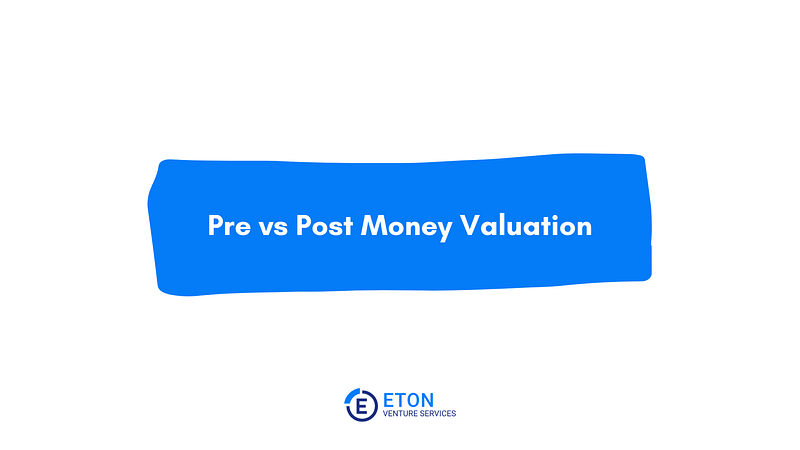Introduction
Due diligence is a crucial aspect of the purchase price allocation (“PPA”) process during mergers and acquisitions (“M&A”) and business combinations. Thorough due diligence helps ensure that the PPA is accurate, compliant with accounting standards, and optimized for tax purposes. In this article, we will discuss the importance of due diligence in the PPA process and provide guidance on conducting effective due diligence, including gathering relevant information, evaluating the quality of assets, and identifying potential risks or liabilities.
Importance of Due Diligence in Purchase Price Allocation
Due diligence is essential for several reasons in the PPA process:
Identifying assets and liabilities: A comprehensive due diligence process helps identify all tangible and intangible assets and liabilities associated with the acquired business.
Ensuring accurate valuation: Thorough due diligence allows for the collection of necessary information for the valuation of assets and liabilities, ensuring accurate allocation of the purchase price.
Compliance with accounting standards: Due diligence helps ensure that the PPA process complies with accounting standards, such as US GAAP and IFRS, which require the recognition and measurement of identifiable assets and liabilities in a business combination.
Minimizing risks: Identifying potential risks and liabilities during due diligence can help mitigate financial and legal risks associated with the acquisition.
Gathering Relevant Information
To conduct effective due diligence in the PPA process, the following information should be gathered:
Financial statements and tax returns: Review historical financial statements and tax returns to assess the financial performance and tax compliance of the acquired business.
Contracts and agreements: Examine key contracts, including customer contracts, supplier agreements, leases, licenses, and employment agreements, to understand the business’s obligations and rights.
Intellectual property: Identify and evaluate the acquired business’s intellectual property, such as patents, trademarks, copyrights, and trade secrets.
Asset listings: Obtain detailed listings of tangible and intangible assets, including their age, condition, and estimated remaining useful lives.
Litigation and regulatory issues: Review any ongoing litigation or regulatory matters that could impact the acquired business and its assets.
Evaluating the Quality of Assets
During due diligence, it is essential to evaluate the quality of the acquired assets, as this can impact their fair market values and the overall PPA process. Key aspects to consider when evaluating asset quality include:
Asset condition: Assess the physical condition of tangible assets, such as machinery, equipment, and real estate, and consider the potential costs of repairs or upgrades.
Useful life: Evaluate the remaining useful life of assets, as this can impact their depreciation or amortization schedules and future cash flows.
Market demand: Assess the market demand for the acquired business’s products or services and the impact of market trends on the value of assets, such as customer relationships and technology.
Competitive advantage: Consider the competitive advantage provided by intangible assets, such as intellectual property, and the potential impact of competition on their value.
Identifying Potential Risks or Liabilities
Due diligence should also focus on identifying potential risks or liabilities associated with the acquired assets, which can impact the PPA process and the overall success of the acquisition. Potential risks and liabilities to consider include:
Environmental liabilities: Identify any environmental issues related to the acquired assets, such as contamination or regulatory violations, and consider the potential costs of remediation.
Legal and regulatory compliance: Assess the acquired business’s compliance with laws and regulations, including labor, tax, and health and safety regulations, and consider the potential costs of addressing any noncompliance issues.
Contingent liabilities: Identify any contingent liabilities, such as pending litigation or potential warranty claims, that could impact the value of the acquired assets and the overall PPA process.
Cybersecurity risks: Assess the acquired business’s cybersecurity measures and identify any potential vulnerabilities or risks that could impact the value of its intangible assets, such as technology and customer data.
Best Practices for Conducting Due Diligence in Purchase Price Allocation
To ensure effective due diligence in the PPA process, consider the following best practices:
Engage experienced professionals: Engage experienced valuation and due diligence professionals to help identify, evaluate, and value the acquired assets and liabilities.
Adopt a collaborative approach: Involve representatives from various departments, such as finance, legal, human resources, and operations, to ensure a comprehensive understanding of the acquired business and its assets.
Develop a due diligence checklist: Create a detailed checklist to guide the due diligence process and ensure all relevant information is gathered and evaluated.
Conduct ongoing due diligence: Monitor the acquired business’s performance, assets, and liabilities after the acquisition to ensure the continued accuracy and relevance of the PPA.
Conclusion
Conducting thorough due diligence is critical to ensuring a successful purchase price allocation process during mergers and acquisitions and business combinations. By gathering relevant information, evaluating the quality of assets, and identifying potential risks or liabilities, businesses can more accurately allocate the purchase price among the acquired assets and liabilities, comply with accounting standards, and optimize their tax positions. Engaging experienced professionals and following best practices can further enhance the effectiveness of the due diligence process, ensuring a successful outcome for all parties involved in the transaction.
Experience the Eton Advantage
At Eton Venture Services, our commitment to excellence ensures that you receive the highest quality due diligence and purchase price allocation services during your mergers and acquisitions process. Don’t settle for anything less than the best when it comes to your company’s financial reporting compliance and tax optimization. Trust Eton’s team of experts to provide you with accurate, compliant, and independent valuations that protect your interests and ensure compliance while optimizing tax benefits.
Join the ranks of industry leaders who have already benefited from Eton’s exceptional client service and valuation expertise. Let us guide you through the intricacies of due diligence and purchase price allocation, ensuring a smooth and successful transaction. Contact Eton today to experience the difference that our expertise and dedication can make for your business.








